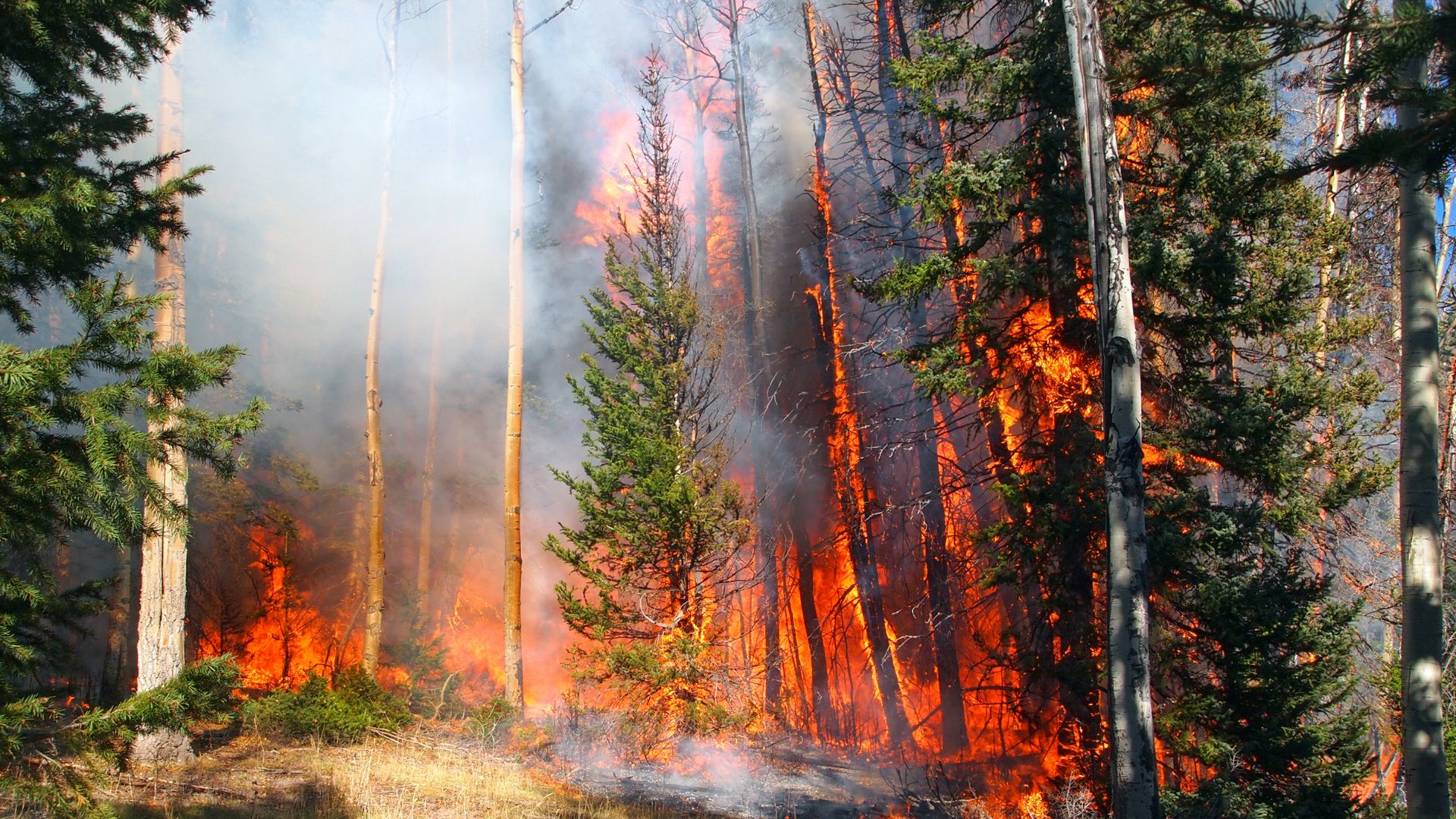This week’s good climate news
With so much still to do to slow warming and avoid the worst impacts of climate change, it’s important to fortify ourselves by celebrating wins along the way.

Indigenous role expanded in Canada land deal
Canada announced a historic agreement that gives Indigenous nations a stronger role in resource development projects. In British Columbia, the Yaq̓it ʔa·knuqⱡi ‘it community received full veto power as the regulator and reviewer of a proposed mining project.
This unprecedented deal could help to transform Indigenous nations’ power over their land.

Dolphins spotted in Bronx River
New York City’s Bronx River was once a dumping ground for industrial waste, and after decades of work to restore the river, a pair of dolphins were spotted cruising by, signaling that conservation efforts were working.
The New York City Department of Parks and Recreation tweeted that this great news was a definitive sign of success for the efforts to clean up the waterways around New York.

AI wildfire detection in the works
A new proposal in Colorado could use 360 degree cameras and artificial intelligence to detect wildfires sooner. The AI program analyzes images and audio from the cameras to determine what could signal the onset of a wildfire.
As extreme weather — like stronger, more intense wildfires — becomes the new normal, firefighters are leaning into technology like this to adapt and to better inform critical decisions, like when to evacuate communities.

Protections reinstated for Alaskan forest
Restrictions on road-building and logging have been reinstated in Alaska to protect the state’s Tongass National Forest. As the largest national forest in the U.S., Tongass is home to biodiversity and millions of acres of trees.
The changes come as a part of the guidelines from the Biden administration to strengthen the environment against climate change.

Pennsylvania to limit ’forever chemicals’ in water
Pennsylvania passed stronger drinking water limits on two polyfluoroalkyl substances. Studies found these highly toxic PFAS, known as “forever chemicals,” have been linked to health risks such as cancer, and have been detected in public water systems and private wells throughout the U.S.
These new limits in Pennsylvania will be considerably stronger than the federal recommended level.










